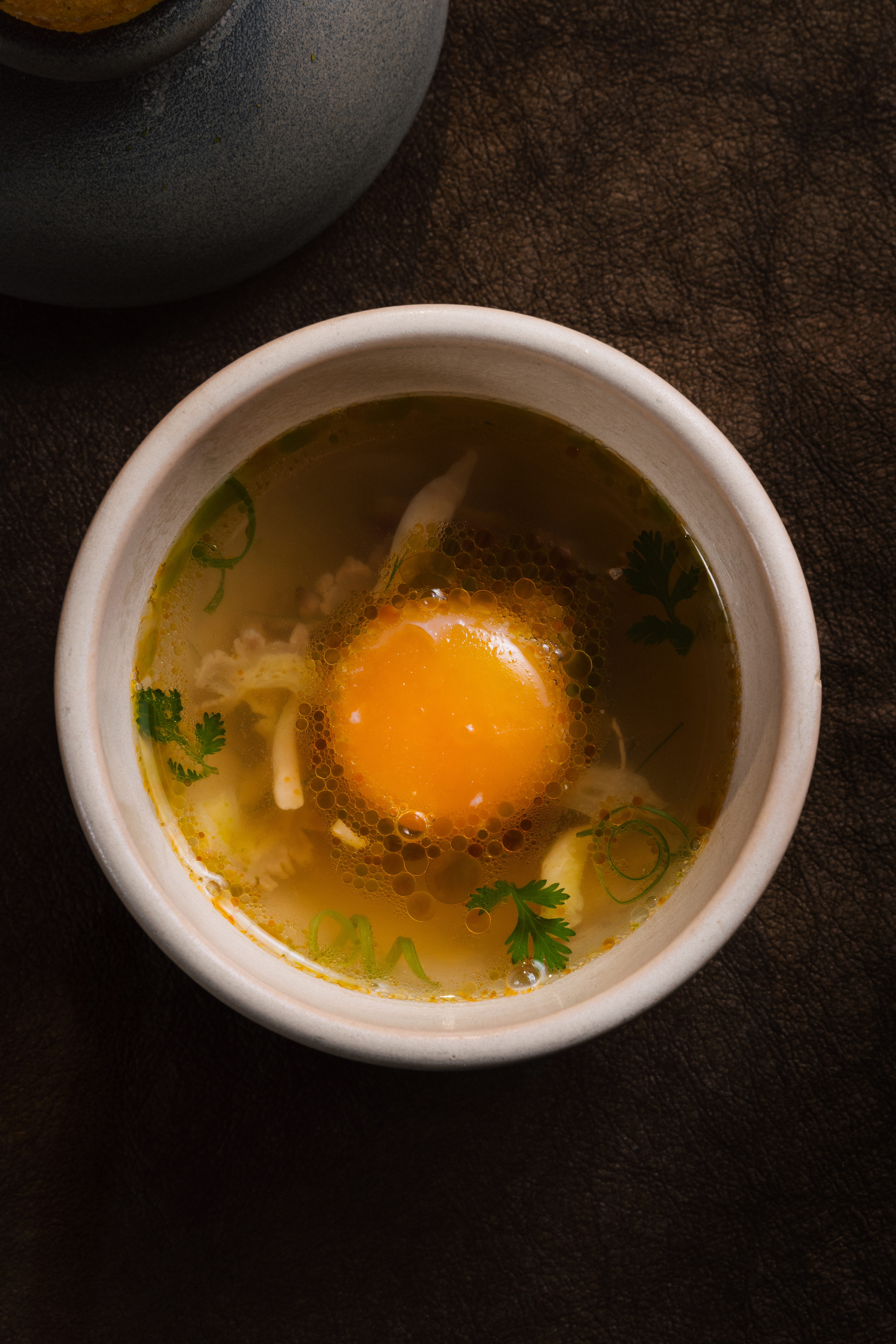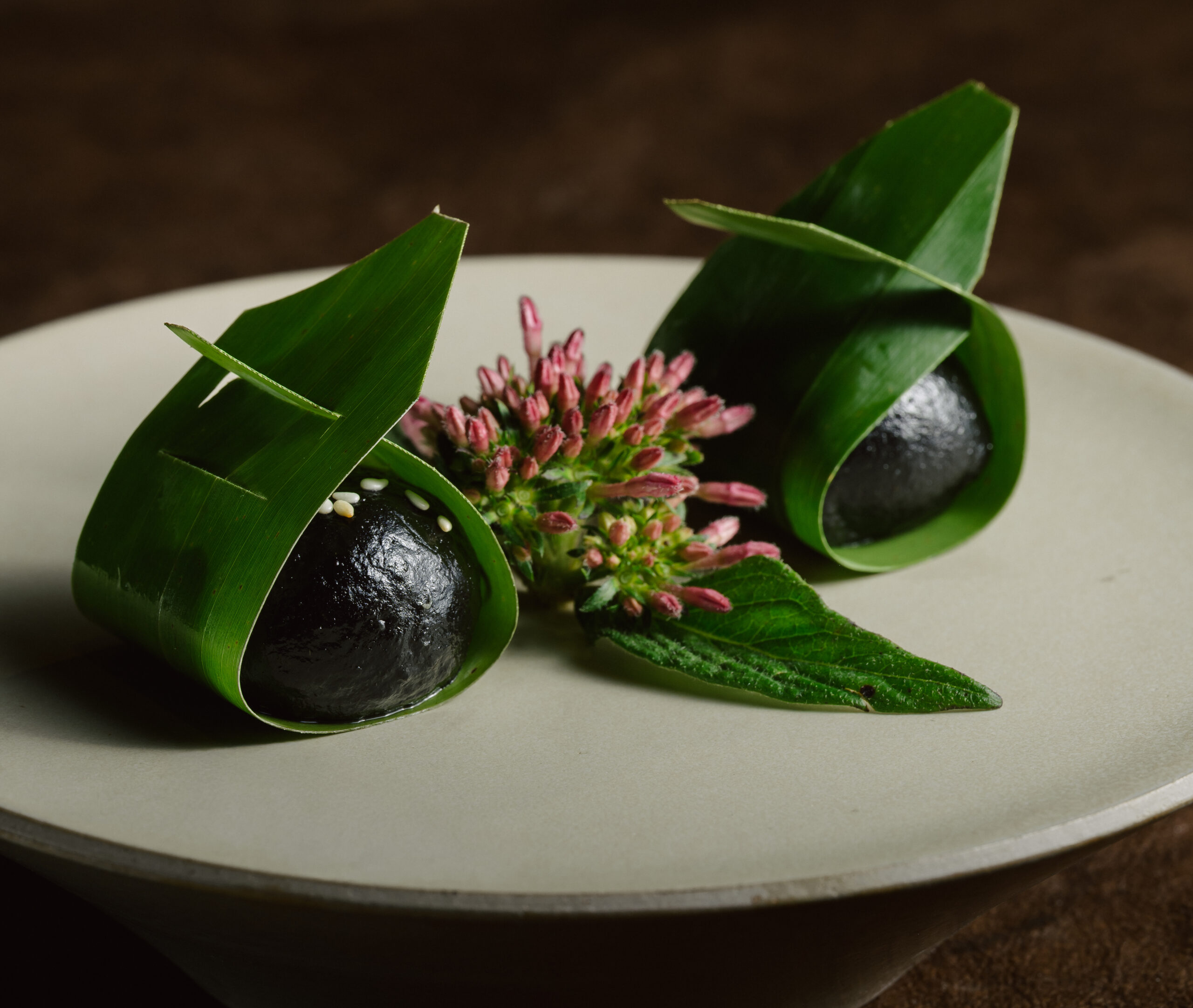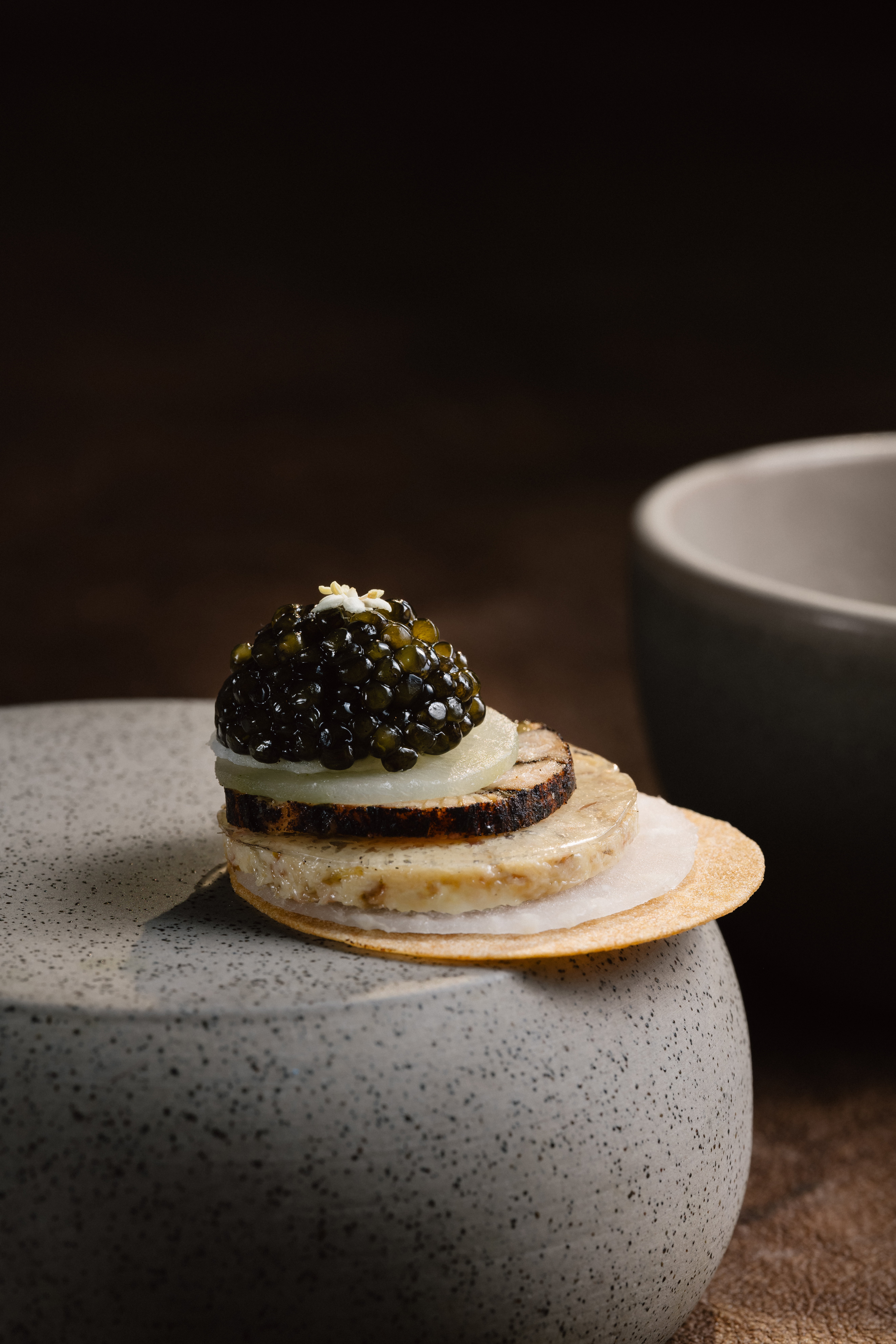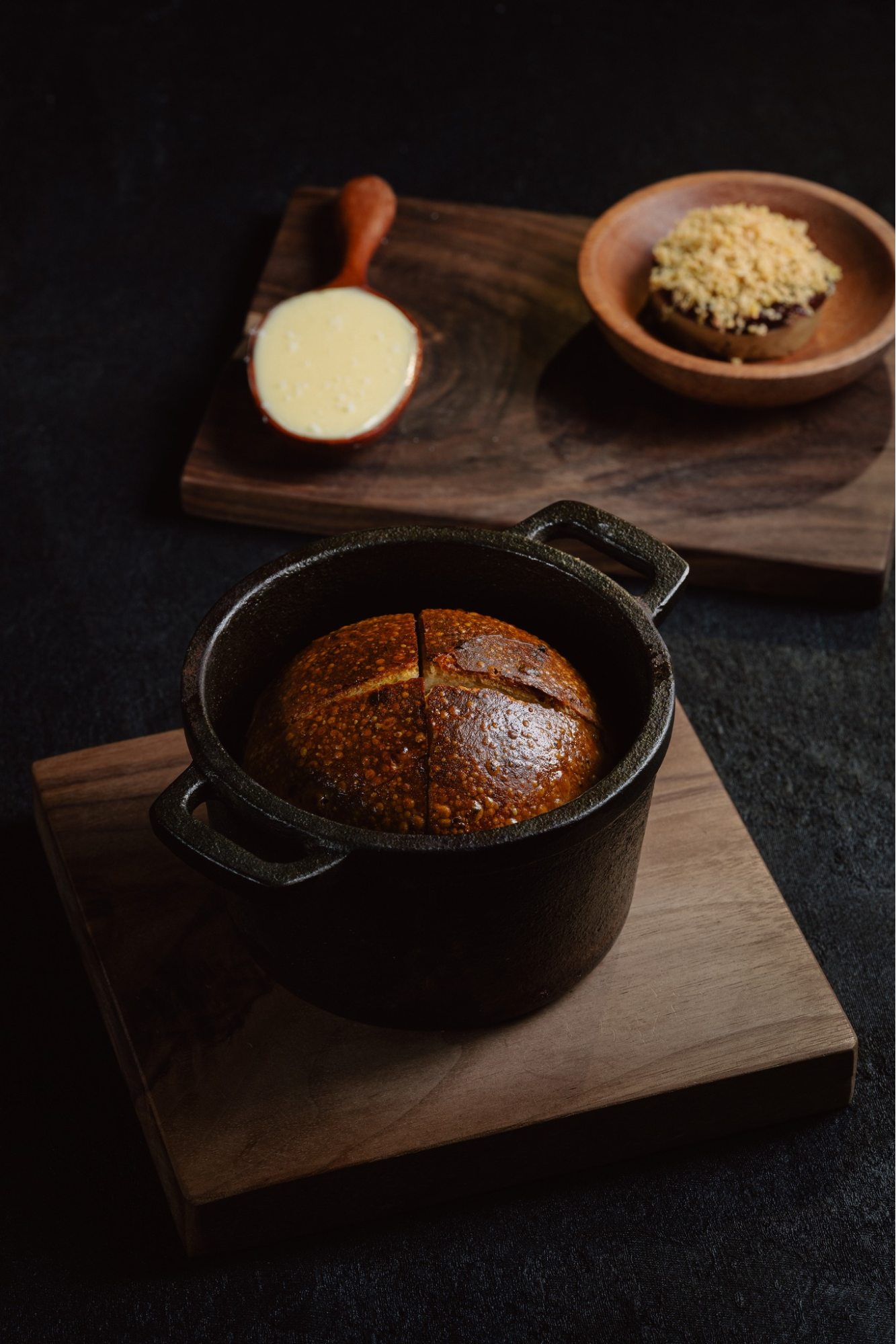Around the world, chefs and restaurateurs are rethinking how food is sourced, prepared, and consumed. One of the most impactful shifts in modern dining is the emergence of the zero-waste kitchen — a philosophy that reduces food waste while celebrating creativity and sustainability. For Chapter Dining in Hanoi, this approach is not just a trend but a core principle that shapes our menu, partnerships, and identity. Food researcher Hanni Rützler has long noted the importance of re-use food solutions, turning peels, stalks, and leftovers into flavorful components instead of discarding them (Food Report 2014, Hanni Rützler). What was once considered an old-fashioned necessity is now a defining trend in gastronomy. In 2024 and beyond, zero-waste cooking is no longer optional — it is the future of responsible dining.
Table of Contents
Zero Waste – A culinary ethos in our kitchen
The idea of a zero-waste kitchen is more than just recycling scraps — it’s a philosophy that informs how Chapter Dining chefs source, design, and serve food. Every dish at Chapter begins with careful ingredient selection, prioritizing seasonality and local farms. By working directly with trusted growers, we reduce packaging, limit transportation waste, and ensure the freshest produce reaches our kitchen.
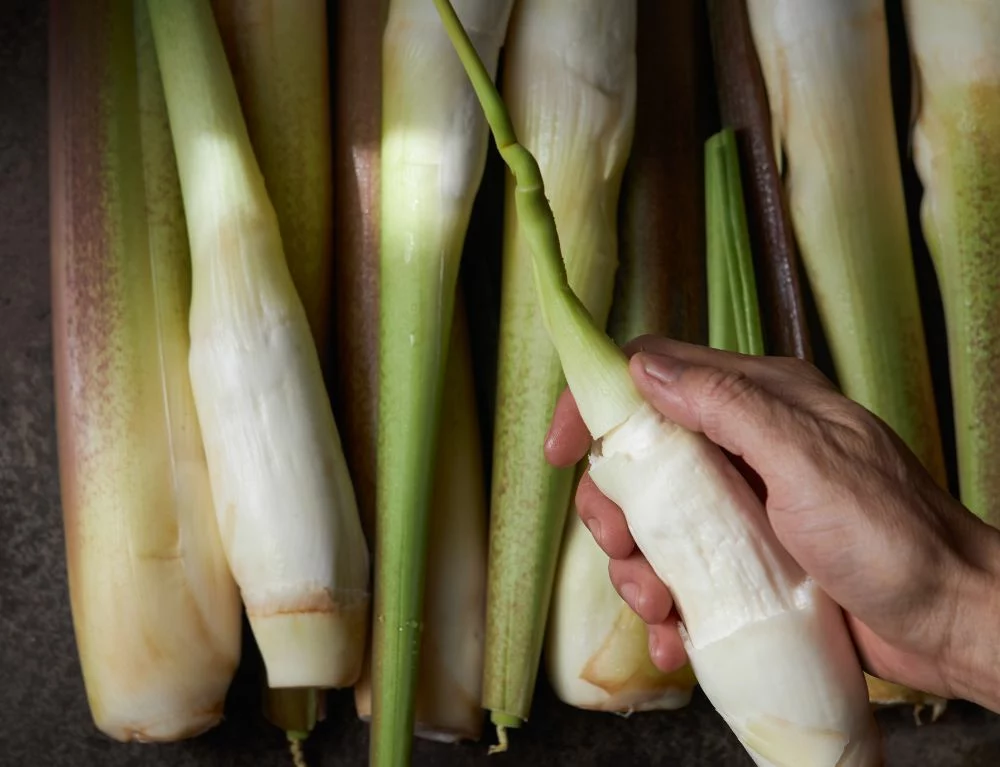
Following this ethos, we strive to create a dining cycle where nothing goes to waste: ingredients can be fermented, arrive in reusable containers, and are returned to the farm. Even food preservation is done in-house.
Sustainability does not mean sacrificing taste or luxury. Instead, it encourages our chefs to develop new techniques and highlight overlooked ingredients. The result is a dining experience where every bite tells the story of both nature’s abundance and our respect for it.
Nose-to-tail & Root-to-stem – Unlocking every flavor to diners
The nose-to-tail and root-to-stem philosophy is at the heart of our zero-waste kitchen. Instead of discarding “imperfect” or “less desirable” cuts, our chefs transform them into signature dishes that surprise and delight diners.
One memorable example was our Pig’s Trotter creation: deboned feet stuffed with foie gras terrine and Vietnamese pork charcuterie, paired with fermented pickles and native herbs. What might have been thrown away elsewhere became the star of a fine dining course.
Even vegetables follow the same path. Gong Cai, a northern mountain foraged vegetable, is given two lives: its crisp core adds crunch to a raw fish salad, while its trimmings are infused into an ice cream that crowns our Vietnamese mochi.
In the Chapter menu “Flourish”, our chefs highlight this philosophy through a duck dish that embraces every element of the duck. Fresh duck blood is gently cooked with seasonal herbs, while the remaining meat is transformed into “dồi”, a Vietnamese-style blood sausage rooted in local drinking culture. The bones are simmered into a velvety duck jus enriched with red wine and the aromatic Clausena indica (mắc mật in Vietnamese). Harvested at its peak, the mắc mật is carefully fermented, preserving its natural fragrance and unlocking deeper layers of flavor. This approach not only minimizes waste but also celebrates Vietnam’s culinary traditions in a refined, contemporary expression.
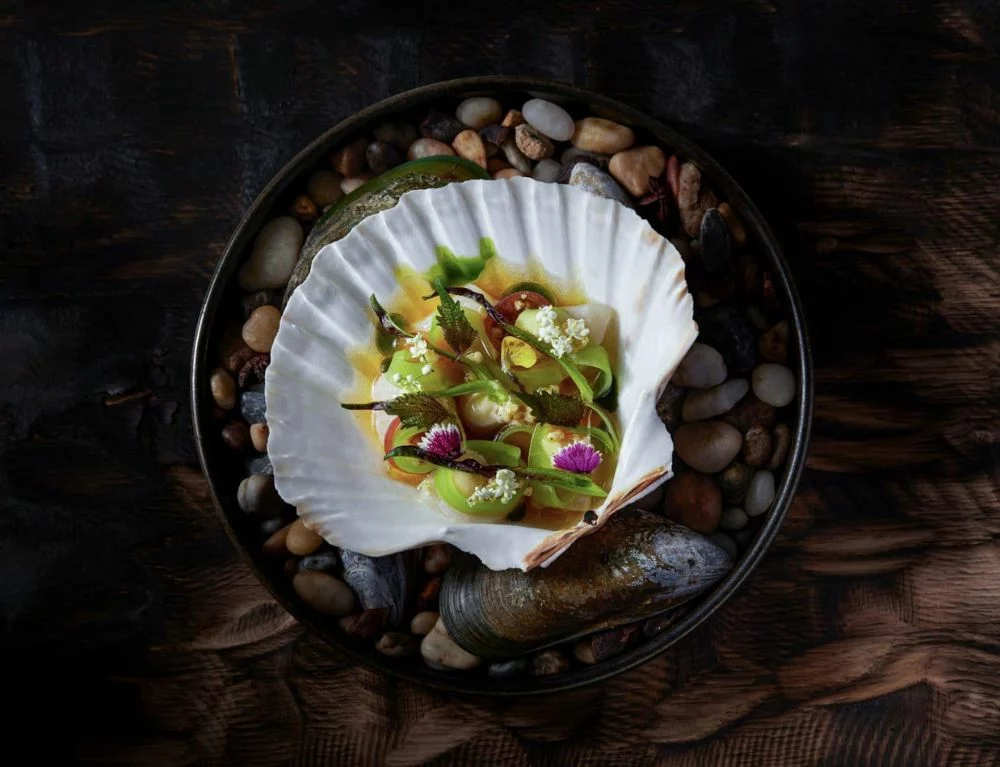
Creative second lives for kitchen offcuts
A true zero-waste kitchen goes beyond the plate — it rethinks how every offcut can serve a new purpose. At Chapter Dining, beef trimmings become the foundation of rich sauces, fish bones are transformed into deep, flavorful broths, and vegetable peels are baked into crispy garnishes.
Preservation techniques play a central role. Instead of relying on molecular gastronomy, our chefs embrace age-old methods like fermentation, pickling, curing, and smoking. These not only extend shelf life but also deepen flavor.
Our house-made kombucha, vinegar, rice wine, and fermented chili sauces are examples of how tradition meets sustainability, reducing both food and plastic waste.
And when ingredients cannot be fully incorporated into dishes, they don’t go to landfill. Instead, they travel to our partner organic farm in My Duc, Hanoi. There, trimmings and leftovers are composted, feeding the soil that grows the very vegetables and herbs that return to our kitchen. This full circle exemplifies the Chapter’s commitment to a closed-loop food system.

Behind every zero-waste kitchen is a mindset that extends beyond restaurants into everyday homes. Head Chef Truong Quang Dung, also Founder of Chapter Dining, shared his insights in a Michelin interview on how anyone can embrace this lifestyle.
- Plan ahead and prep smartly
Spending just 10–15 minutes planning meals can save enormous amounts of food and resources. By portioning ingredients and storing them properly, you minimize spoilage and reduce unnecessary purchases.
- Support local farmers
Buying directly from nearby farms ensures seasonal freshness and reduces the carbon footprint of long supply chains. Building relationships with growers also brings awareness of the natural food cycle.
- Embrace local vegetables
Even without going fully plant-based, increasing the proportion of seasonal greens in your meals benefits both your health and the environment.
- Grow your own food
Whether through hydroponic vertical farming or a small home garden, growing your vegetables is one of the most rewarding steps toward sustainability. It reconnects us with nature while cutting down on packaging waste.
For Chef Dung, these practices are not just kitchen tricks but a way of living that transforms how we see food.
Find out more: How to be a Zero-Waste Hero like Chapter?
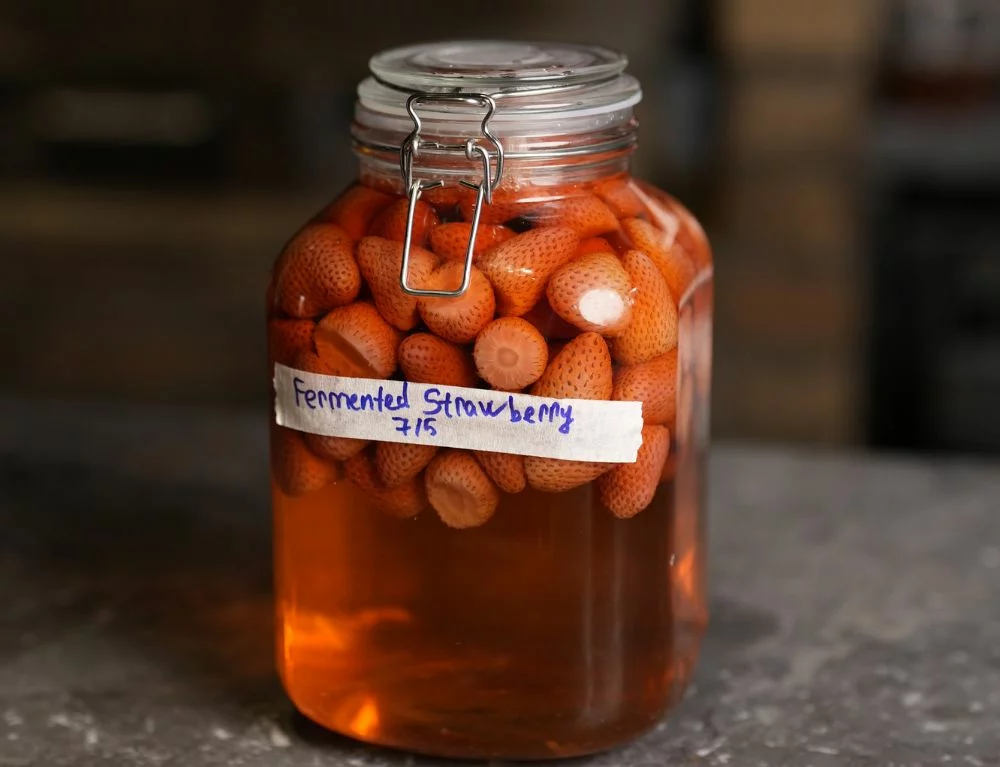
At Chapter Dining, the zero-waste kitchen is not a slogan — it is a daily discipline, a culinary philosophy, and a commitment to sustainability. From working with local farms to transforming scraps into star ingredients, from fermentation to composting, every step in our kitchen is designed to minimize waste and maximize flavor. In a world where food waste continues to fuel climate change and resource loss, restaurants have the power — and responsibility — to lead the way. Chapter Hanoi believes that the future of fine dining is not just about exquisite taste, but about how thoughtfully and respectfully that taste is created. When every peel, bone, and leaf has a purpose, dining becomes more than a meal — it becomes a story of sustainability, culture, and care.
Tales by Chapter is Saigon’s first plant-based dining in Vietnam, built entirely on a zero-waste philosophy. More than just a dining destination, Tales reimagines the future of gastronomy by combining refined techniques with a commitment to sustainability. Every dish celebrates the richness of seasonal vegetables and local ingredients, transformed into multi-course experiences that are both innovative and deeply rooted in nature. By embracing zero-waste principles — from sourcing to plating — Tales demonstrates that culinary artistry and environmental responsibility can thrive together at the highest level of fine dining.
_________
Chapter Dining
12C Chan Cam, Hoan Kiem, Hanoi
Mon – Sat from 18:00 – 23:00
Tel: +84 333 201 221 – Reserve a table
Email: reservation@chapter.vn

